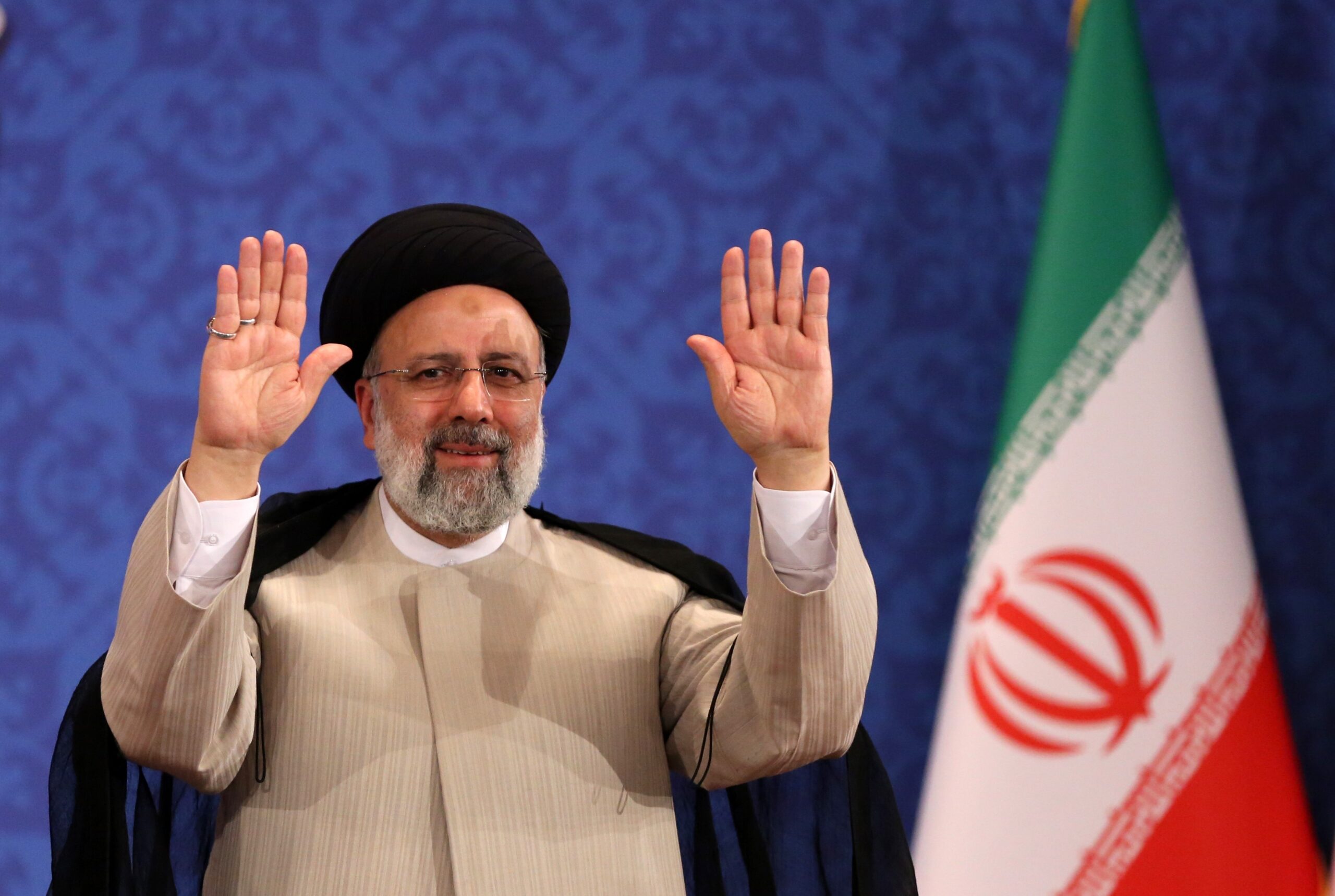The Iran Nuclear Deal Will Be Kept Alive — But Barely
Everything unfolded according to the script at the Iran nuclear talks last week in Vienna. Iran, led by new President Ebrahim Raisi’s government, adopted a much harsher negotiating position, which the U.S. and the Europeans predictably rejected as the blame game officially began. Despite the harsh rhetoric from the Biden administration, this is how everyone expected this round to start and end.
It will most likely be revealed in the next round whether Tehran’s new demands are opening bids or solid red lines.
It will most likely be revealed in the next round whether Tehran’s new demands are opening bids or solid red lines. According to U.S. negotiators, Iran went “with proposals that walked back anything — any of the compromises Iran had floated here in the six rounds of talks, pocket all of the compromises that others, and the U.S. in particular, had made, and then asked for more.” Secretary of State Antony Blinken has vowed to “turn to other options” if diplomacy fails.
The problem is Washington doesn’t have other options. Ramping up sanctions further — that is, intensifying former President Donald Trump’s “maximum pressure” policy — would only make matters worse. Biden administration officials readily acknowledge that Trump’s exit from the Iran nuclear deal and his sanctions campaign created this mess in the first place. More of the same wouldn’t provide a path out of this debacle.
As President Joe Biden’s Iran envoy, Rob Malley, told The New York Times back in 2019, it is a “fantasy that the Trump administration’s maximum pressure campaign somehow would lead Tehran to agree to more stringent measures.” Blinken in 2015 similarly said it was a “fantasy to believe that Iran will simply capitulate to every demand if we ratchet up the pressure even more through sanctions.”
Read the full article on MSNBC.com.
